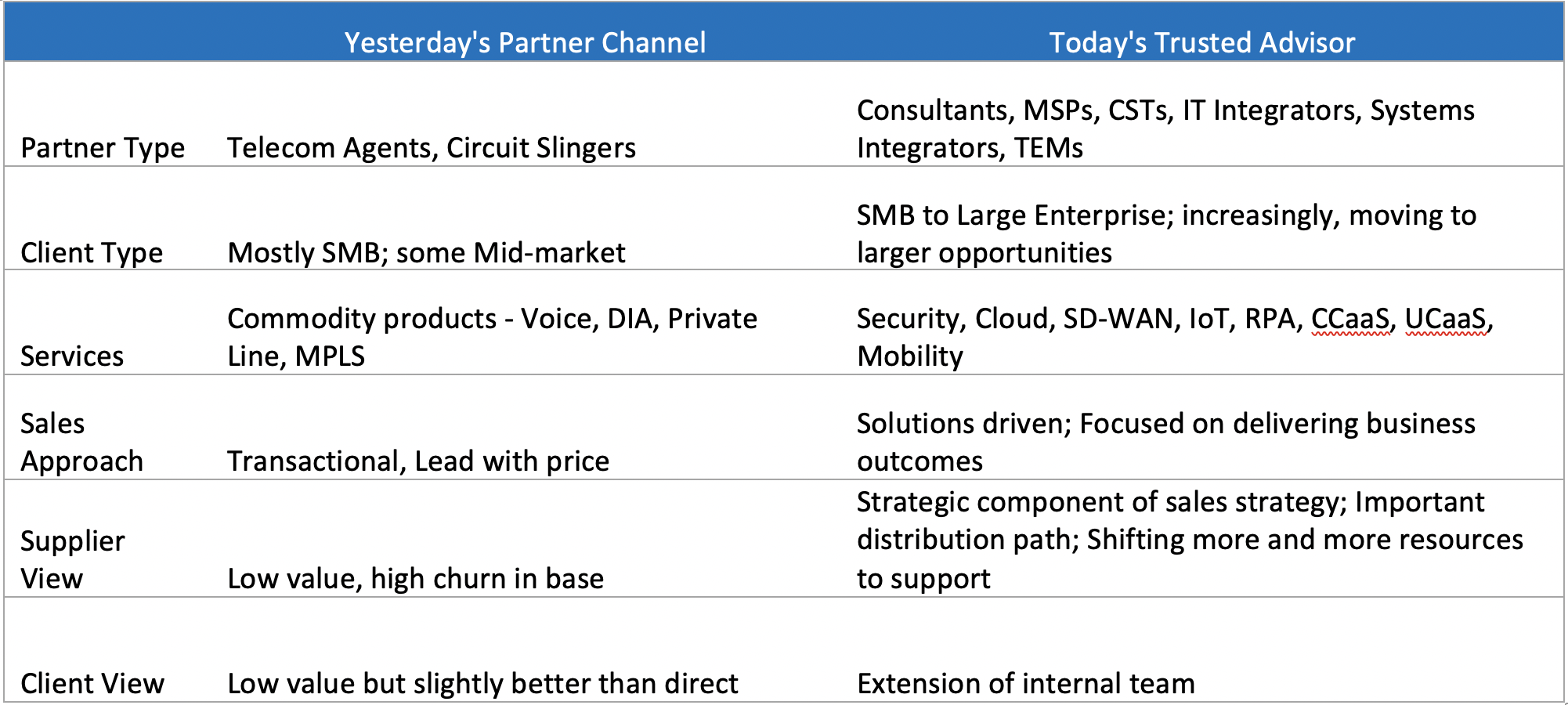Cloud Communications Group Ranks No. 1365 on the 2024 Inc. 5000


For the 2nd Time, Cloud Communications Group Makes the Inc. 5000, at No. 1365 in 2024, With Three-Year Revenue Growth of 376% Percent
NEW YORK, August 13, 2024 – Inc. revealed today that Cloud Communications Group ranks No. 1365 on the 2024 Inc. 5000, its annual list of the fastest-growing private companies in America. The prestigious ranking provides a data-driven look at the most successful companies within the economy’s most dynamic segment—its independent, entrepreneurial businesses. Microsoft, Meta, Chobani, Under Armour, Timberland, Oracle, Patagonia, and many other household-name brands gained their first national exposure as honorees on the Inc. 5000.
“Being honored in the Inc. 5000 for the second consecutive year validates our trusted advisor business model, which emphasizes the importance of independent experts to assist clients in navigating complex IT environments. We understand that clients often do not have the time or expertise to vet out providers on their own. At Cloud Communications Group, our dedicated team of experienced professionals takes on this responsibility, providing unbiased guidance and customized technology solutions that empower our clients to make informed decisions focused on business outcomes. Furthermore, we go beyond decision guidance by offering comprehensive implementation support and ongoing lifecycle management, ensuring a smooth transition and continuous optimization, serving as a reliable partner throughout the entire process. This recognition is a tribute to our relentless commitment to serving the best interests of our clients and delivering cutting-edge solutions that help them conquer the challenges of an ever-evolving IT landscape.” – Keith Hatley, Co-Founder & Partner
The Inc. 5000 class of 2024 represents companies that have driven rapid revenue growth while navigating inflationary pressure, the rising costs of capital, and seemingly intractable hiring challenges. Among this year’s top 500 companies, the average median three-year revenue growth rate is 1,637 percent. In all, this year’s Inc. 5000 companies have added 874,458 jobs to the economy over the past three years.
For complete results of the Inc. 5000, including company profiles and an interactive database that can be sorted by industry, location, and other criteria, go to www.inc.com/inc5000. All 5000 companies are featured on Inc.com starting Tuesday, August 13, and the top 500 appear in the new issue of Inc. magazine, available on newsstands beginning Tuesday, August 20.
“One of the greatest joys of my job is going through the Inc. 5000 list,” says Mike Hofman, who recently joined Inc. as editor-in-chief. “To see all of the intriguing and surprising ways that companies are transforming sectors, from health care and AI to apparel and pet food, is fascinating for me as a journalist and storyteller. Congratulations to this year’s honorees, as well, for growing their businesses fast despite the economic disruption we all faced over the past three years, from supply chain woes to inflation to changes in the workforce.”
“At Cloud Communications Group, our greatest strength lies in the exceptional team of diverse experts we have assembled, dedicated to delivering tailored and cutting-edge solutions to our clients. Through our vendor-agnostic approach and distinctive focus, we have built a robust reputation for driving tangible business outcomes and bringing value to our partner companies in a competitive IT landscape.” – Keith Hatley, Co-Founder & Partner
About Cloud Communication Group
Founded in 2009 by business partners Keith Hatley and Chris Moffett, Cloud Communications Group provides single-source IT advisory services and technology solutions to corporations all over the nation. CCG’s suite of services spans cloud services, including UCaaS, CCaaS, SaaS, and IaaS, as well as communications services such as broadband, MPLS, SD-WAN, VoIP, and Mobility solutions. Their proficiency also extends to technology expense management (TEM), where they aid in reducing enterprise costs tied to cloud and communication services. Cloud Communications Group serves as an extension of IT leadership teams in corporations across the country to help them manage the complexities of technology transformation projects. Using a vendor-agnostic approach, CCG ensures that every client’s needs are being met by helping them source and negotiate the best-fitting IT solutions for their business.
CONTACT:
For media inquiries, contact Grace Allegrette via email at [email protected].
More about Inc. and the Inc. 5000
Methodology
Companies on the 2024 Inc. 5000 are ranked according to percentage revenue growth from 2020 to 2023. To qualify, companies must have been founded and generating revenue by March 31, 2020. They must be U.S.-based, privately held, for-profit, and independent—not subsidiaries or divisions of other companies—as of December 31, 2023. (Since then, some on the list may have gone public or been acquired.) The minimum revenue required for 2020 is $100,000; the minimum for 2023 is $2 million. As always, Inc. reserves the right to decline applicants for subjective reasons. Growth rates used to determine company rankings were calculated to four decimal places.
About Inc.
Inc. Business Media is the leading multimedia brand for entrepreneurs. Through its journalism, Inc. aims to inform, educate, and elevate the profile of our community: the risk-takers, the innovators, and the ultra-driven go-getters who are creating our future. Inc.’s award-winning work achieves a monthly brand footprint of more than 40 million across a variety of channels, including events, print, digital, video, podcasts, newsletters, and social media. Its proprietary Inc. 5000 list, produced every year since its launch as the Inc. 100 in 1982, analyzes company data to rank the fastest-growing privately held businesses in the United States. The recognition that comes with inclusion on this and other prestigious Inc. lists, such as Female Founders and Power Partners, gives the founders of top businesses the opportunity to engage with an exclusive community of their peers, and credibility that helps them drive sales and recruit talent. For more information, visit www.inc.com.
For more information on the Inc. 5000 Conference & Gala, to be held from October 16 to 18 in Palm Desert, California, please visit http://conference.inc.com/.














